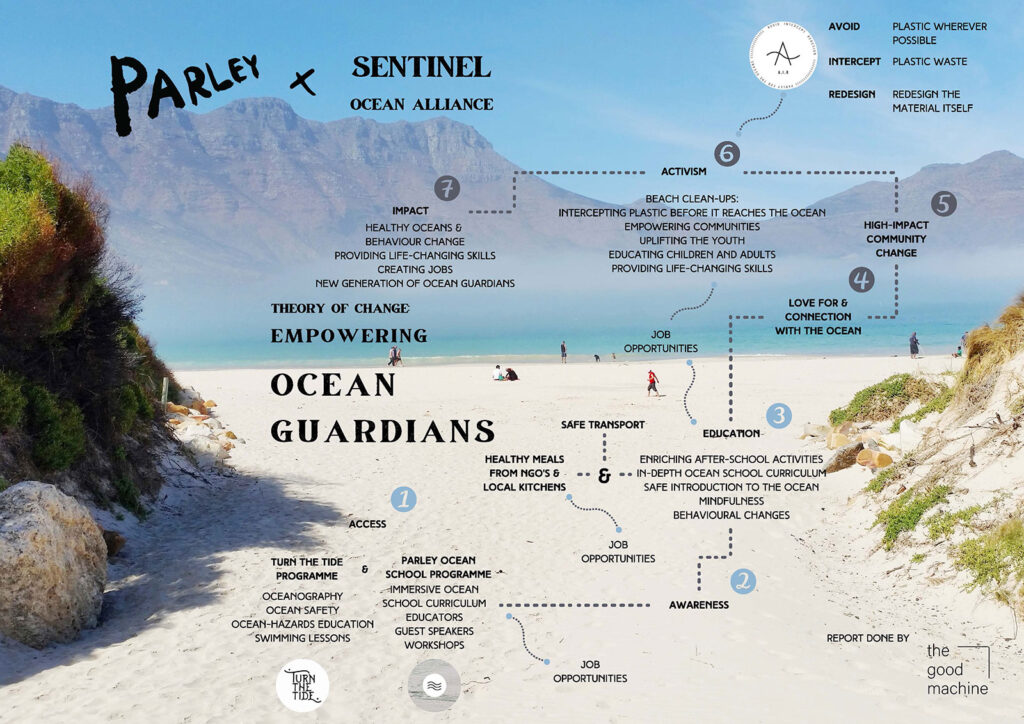
Research and Report Collaborations
 Read More
Read More
of Insulin Prices
© 3 Axis Advisors

Investigation Agency

 Read More
Read More

While our foundations programmatic areas are broad, the criteria for selection are clearly specified
and followed. We accept proposals by invitation only.

To provide transparency regarding the measures within this study, as well as others not directly assessed in this paper, 3 Axis Advisors, in conjunction with the McPike-Zima Foundation, has made available a web-based tool on www.3axisadvisors.com, for interested parties to explore. Furthermore, the website contains a text file (Insulin_Prices.txt) of the underlying data available for download free of charge so that anyone can further research the topic of insulin affordability. If you are interested in contributing to the global understanding of insulin prices, a survey (available in several languages) may be downloaded and submitted to contribute to the global understanding of insulin pricing.